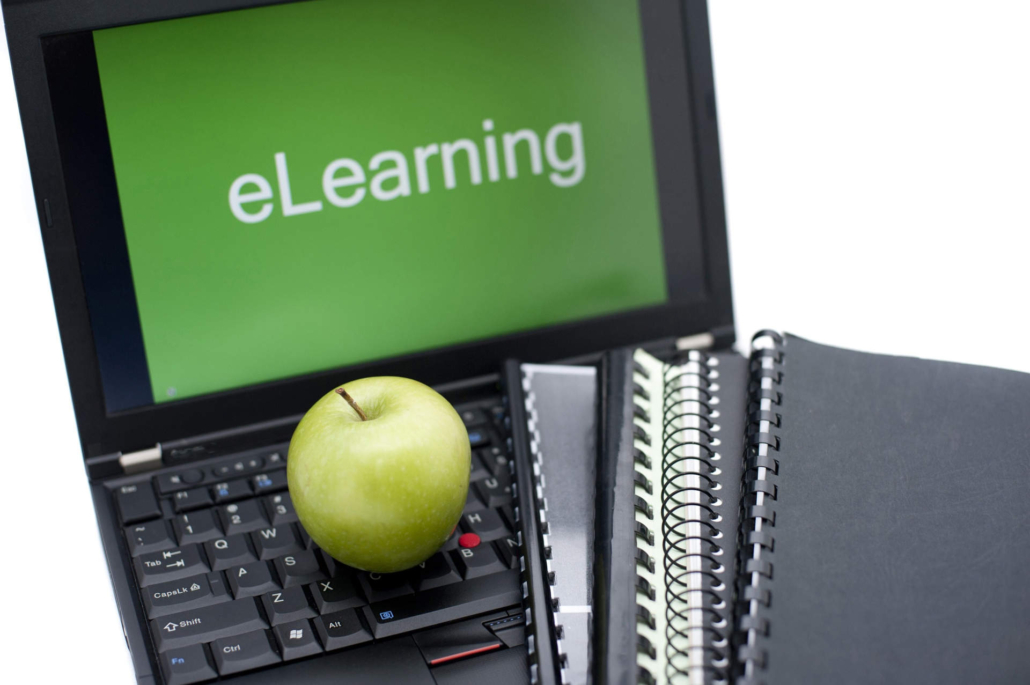E-Learning: A Modern Approach to Employee Education and an Investment in the Future
It is no secret that the success of any organization is greatly dependent on the professionalism of its staff.
But given today’s market and increasingly competitive environment, it is not enough to simply find an employee whose education, experience and skills meet your requirements. Whether or not staff training is required is no longer a question. Training is a must. First of all, it improves employees’ skills in satisfying market requirements, while also developing career advancement potential and higher motivation.
Training is of course costly, but the expenses are worthwhile, and the company ultimately benefits. Employees gain new experience and skills, enabling them to grow as professionals, work more efficiently and be more useful to the company.
Janus has a long-standing and successful practice of mentoring. When a new employee starts working, an experienced colleague provides guidance, helping them understand company processes and adapt to the team.
First, the experienced employee undergoes an in-depth onboarding process. The new staff member learns relevant rules, job descriptions and details of task execution. The mentor then demonstrates to the new employee how work is carried out in practice. The senior colleague monitors everything the new employee does, corrects errors and provides explanations. After this stage, certain actions must be carried out together. The new recruit is then motivated to perform tasks independently, but under the supervision of their mentor. The final step in this training process is the employee performing a task on their own and the mentor verifying the results.
This is absolutely necessary, and this way of working with newcomers will remain relevant. But modern times require modern solutions, since continuous training and building competencies are also essential for more experienced “fighters”.
Therefore, the company is introducing a globally recognized educational technology, e-learning.
But what is e-learning?
E-learning is the transfer of knowledge and management of the learning process using new information and telecommunications technologies. E-learning uses interactive electronic information delivery, mainly the internet and company networks.
To build a full-scale effective e-learning process, we have selected a learning management system (LMS).
What is an LMS?
An LMS is an e-learning platform. The basic principles of its operation can be understood by deciphering the acronym itself.

Learning. An LMS platform allows you to create a single database of e-learning courses and training materials. This database is a treasure trove of knowledge about what you do.
Management. An LMS makes it possible to manage courses, modules, training periods and students themselves.
Unlike many familiar knowledge bases and portals, an LMS is not just a collection of files, instructions and documents, but a well-organized system where everything is arranged by course. To start the learning process, simply add employees and assign them the necessary modules and training sessions.
System. Our employees are located in different cities and countries, and we can train them all without leaving our own office. They can be anywhere, at work, on business trips, travelling, on vacation or at home.
And last but not least, a learning management system automates all the dullest and most monotonous work: test checking, compiling statistics and producing reports.
An LMS is essentially a customizable online university. The system helps create and store courses, connects students to them, and assists us in evaluating the results.
An LMS is ideal for staff adaptation and onboarding programs. With these special courses, new employees can obtain necessary information about the company’s business culture, policies, roles and processes at a convenient time for them, learning at their own pace. Since training material is always available, newcomers can take the course as many times as they need to learn all the important information.
We consider learning to be an investment in the company’s future.
Everyone benefits. Employees learn to work in a competitive business environment and improve the quality of their knowledge, performance and skills. The company gains a team of specialists who can take business to the next level.
Ideally, employee training should be ongoing. The world is changing rapidly, and companies must not only keep up with the times, but try to stay ahead of the curve and set trends. A strong team is an investment in the company’s future, and the strength of each team member is accumulated knowledge and acquired skills that must constantly be updated and developed. E-learning is a platform that allows us to give employees a wide array of professional development opportunities without taking them away from their primary responsibilities. The team at Janus Worldwide is highly motivated and eager to gain new skills. This opens new doors for us and helps us work more effectively than ever before.





